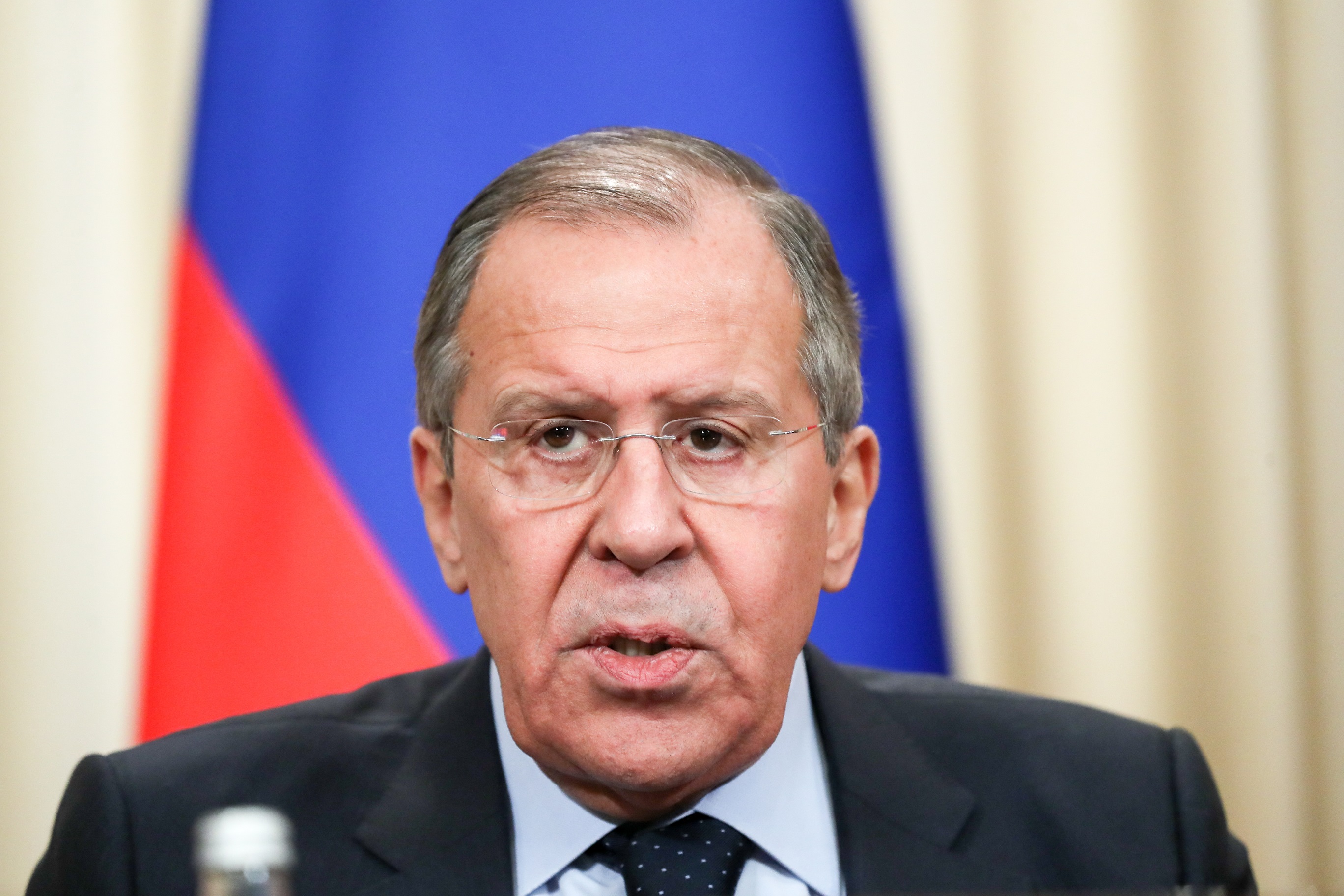ID :
492109
Mon, 05/14/2018 - 12:02
Auther :
Shortlink :
https://oananews.org//node/492109
The shortlink copeid
Lavrov calls situation around Iran nuclear deal a crisis

MOSCOW, May 14. /TASS/. The situation around the Joint Comprehensive Plan of Action (JCPOA) on the Iranian nuclear program is a crisis, Russian Foreign Minister Sergey Lavrov said opening talks with his Iranian counterpart Mohammad Javad Zarif on Monday.
"We appreciate this possibility to meet in Moscow and exchange views on the issues of the JCPOA, and to be honest, the situation around it is a crisis," Lavrov said.
Russia’s top diplomat said in the coming days Zarif would also hold meetings with all participants of the JCPOA, except for the United States, which decided to withdraw from the agreement. "Unfortunately, once again we see that Washington is seeking to revise key international agreements," Lavrov stressed.
"So, today we expect to look at how China, Russia, Iran and the European Union can use the current tools to prevent undermining this crucial document and destabilizing the situation in the region," he said.
"As far as we are aware, the European troika, China, Iran and Russia have announced their plans to comply with the JCPOA," he said. "We would like to discuss in detail your plans and our common steps."
US President Donald Trump announced on May 8 that Washington withdrew from the 2015 Iranian nuclear deal as it provides Iran with possibilities of creating a nuclear bomb bypassing all currently in force restrictions under the agreement and added that another deal should be signed with Tehran.
The Joint Comprehensive Plan of Action (JCPOA), known as the deal on Iran’s nuclear program, was signed between Iran and six international mediators (the United Kingdom, Germany, China, Russia, the United States, and France) on July 14, 2015. On January 16, 2016, the parties to the deal announced beginning of its implementation. Under the deal, Iran undertakes to curb its nuclear activities and place them under total control of the International Atomic Energy Agency (IAEA) in exchange for removal of the sanctions imposed previously by the United Nations Security Council, the European Union and the United States over its nuclear program.
Read more





